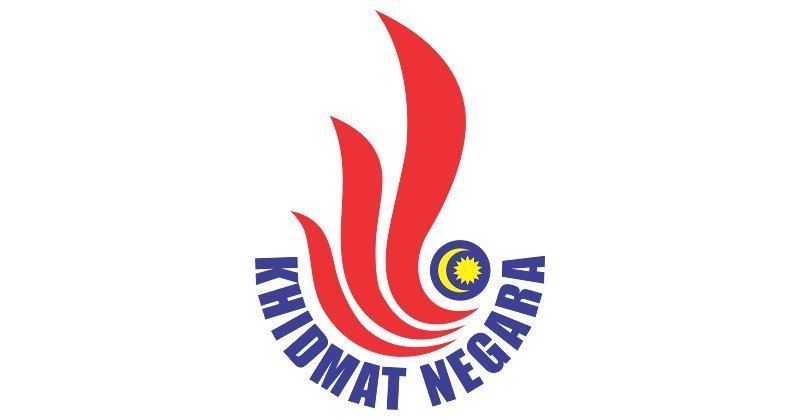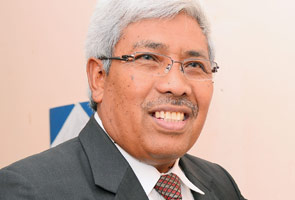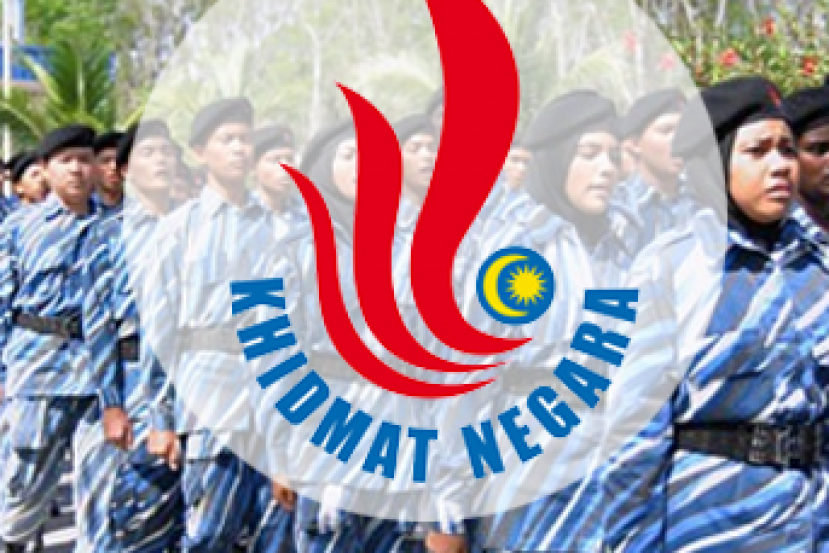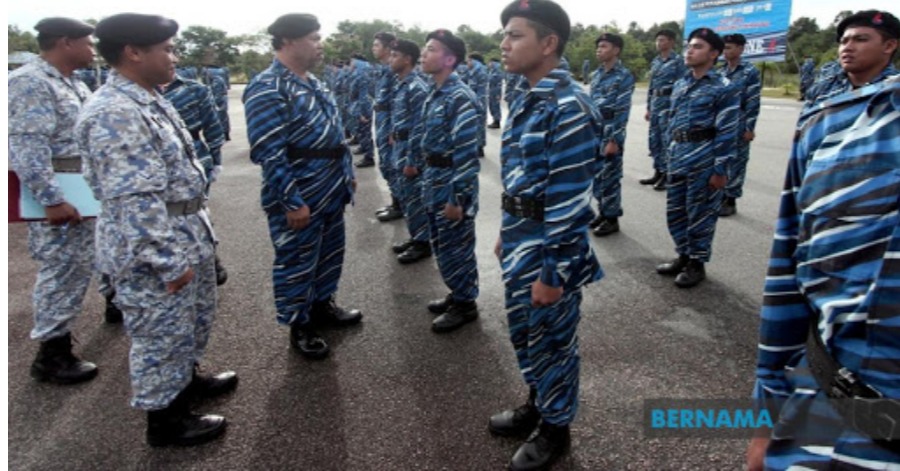The proposal by the government to revive the National Service Training Programme (PLKN) has indeed drawn various reactions from many quarters, especially with the country still fighting against the COVID-19 pandemic.
Some suggested that the PLKN be improved, should it be reintroduced, but they are also a few who disagreed having it back on grounds that the government should focus more on restoring the country’s economy at this time.

For the record, PLKN was introduced in December 2003 as a programme that provides a three-month training module ,covering physical, nationhood, character building and community service to between 85,000 and 95,000 trainees a year and involves cost of RM600 million a year.
It was halted for a year in 2015 due to budget cuts in the government and reintroduced in 2016 as PLKN 2.0 with only about 20,000 trainees a year before being abolished in August 2018.
Former Director General of the National Service Training Department (JLKN), Datuk Abdul Hadi Awang Kechil, who served from 2007 to 2014, when asked to comment on the matter, said, if given a choice, economic development should be given priority for now in view of the high unemployment rate in the country due to COVID-19.

However, he said, PLKN should not be abandoned altogether as the National Service Training Act 2003 (Act 628) still exists and for a start, the government could consider basic matters by conducting a study to determine the suitability of reintroducing the programme without incurring huge cost.
“The government should prioritise economic opportunities, employment, but at the same time, PLKN can be revived with minimum cost by using existing facilities and the old module. This will not involve large expenses,” he said.
Aware of some quarters against reviving PLKN, saying that it would be a waste of government’s fund, Abdul Hadi said PLKN is still relevant, especially in cultivating the spirit of love for the country among the youth.
In fact, he said, through a study on the effectiveness of the PLKN programme conducted on 61,950 former trainees, parents, employers and the general public in 2010, it was found that the programme succeeded in cultivating the spirit of loyalty and love for the country with an achievement rate of 83.86 percent.
“To say that PLKN failed is baseless, only those who went through it know,” he added.
Two days ago, Senior Defence Minister Datuk Seri Ismail Sabri Yaakob, when winding up the debate on the Supply Bill 2021, said the ministry will present a proposal to Cabinet to reintroduce the PLKN programme aimed at instilling patriotism among the youth.
Malaysian Youth Council secretary-general Hasnul Haniff Harun said PLKN should be rebranded if it is to be revived to ensure its objective to foster the spirit of unity and patriotism among the young people is achieved by making the principles of Rukun Negara as the basis of training.
The module should be based on PLKN 1.0 which gives more impactful in terms of physical and cross-cultural activities, emphasises eastern values, and by extending it to six months for better and orderly implementation.
However, he said, priority, for the moment, should be given to strategy in dealing with COVID-19, especially in terms of economic recovery, as almost 800,000 people have lost their jobs due to the pandemic.
Regarding PLKN as a long-term investment to more youths as a catalyst for national unity, Federation of Peninsula Malay Students (GPMS) president Mohd Alif Anas Md Noor said such a programme, for personal development and self-esteem, should be implemented from time to time by making the principles of Rukun Negara as the basis of its training modules.
However, he suggested the relevant quarters to study the suitability of the programme to be implemented considering the current COVID-19 pandemic.
A private sector employee, Siti Sarah Hassan, 30, said that although PLKN could cultivate the spirit of patriotism among participants, apart from being a mechanism to mould self-discipline among the youth, the government should look at the justification to revive it when the country is still fighting the COVID-19 pandemic.
“Implementation of the programme will definitely cost a lot and the money should aptly be used to address the impact of COVID-19, for example, to restore the country’s economy and help those impacted by the pandemic,” she said.
A former PLKN coach, Siti Nurwani Mat Rais, 38, who was involved in PLKN training for 10 years at three PLKN camps, welcomed the move to revive the programme to cultivate patriotism among the youth.
Siti Nurwani, who last served at the Pelangi Hill Resort PLKN Camp, in Kerling, Hulu Selangor, said the PLKN programme had been used as a model by several countries for their youth development programmes.
Sources: BERNAMA.






Leave a Comment